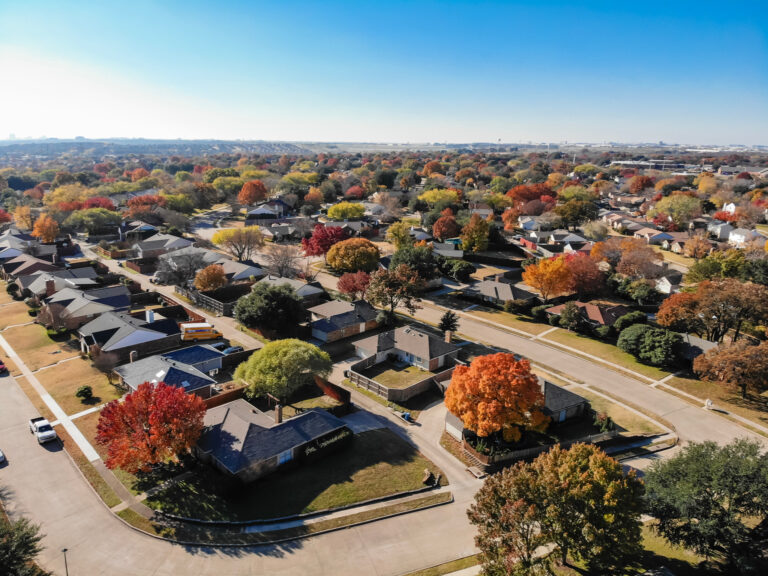
When exploring home financing options, you may encounter the term “non-conforming loans.” Unlike conforming loans, these loans do not meet the criteria set by government-sponsored enterprises (GSEs) like Fannie Mae and Freddie Mac. Understanding non-conforming loans is essential for borrowers who may not qualify for traditional mortgage options. In this blog post, we’ll explore non-conforming loans, their types, benefits, and considerations for borrowers.
What is a Non-Conforming Loan?
Non-conforming loans are mortgages that do not adhere to the underwriting standards set by Fannie Mae and Freddie Mac. This deviation can be due to the loan amount, borrower credit profile, or property type. Because they fall outside these guidelines, non-conforming loans are not eligible for purchase by these GSEs.
Types of Non-Conforming Loans
- Jumbo Loans: These are the most common type of non-conforming loans. Jumbo loans exceed the conforming loan limits the Federal Housing Finance Agency (FHFA) set. As of 2024, the conforming loan limit for most of the U.S. is $726,200, with higher limits in high-cost areas.
- Government-Backed Loans: Loans that do not meet conforming guidelines but are backed by government entities like the Federal Housing Administration (FHA), the Department of Veterans Affairs (VA), or the U.S. Department of Agriculture (USDA) also fall into the non-conforming category. These loans serve specific groups, such as first-time homebuyers, veterans, and rural residents.
- Subprime Loans: These loans cater to borrowers with poor credit histories or high debt-to-income ratios. Subprime loans often come with higher interest rates and less favorable terms to offset the increased risk to the lender.
- Alt-A Loans: Alt-A (Alternative A-paper) loans are for borrowers who fall between prime and subprime categories. These borrowers may have decent credit, but other risk factors include inconsistent income or high loan-to-value ratios.
Benefits of Non-Conforming Loans
- Higher Loan Amounts: Jumbo loans allow borrowers to finance luxury homes or properties in high-cost areas that exceed conforming loan limits.
- Flexibility: Non-conforming loans offer more flexibility regarding borrower qualifications, making homeownership accessible to those with unique financial situations.
- Specialized Programs: Government-backed non-conforming loans provide tailored programs with benefits like low down payments, no down payments (for VA loans), and lenient credit requirements.
- Alternative Documentation: Some non-conforming loans accept alternative documentation for income verification, which can benefit self-employed individuals or those with irregular income streams.
Considerations for Borrowers
- Higher Interest Rates: Non-conforming loans often come with higher interest rates than conforming loans, reflecting the increased risk to lenders.
- Larger Down Payments: Particularly with jumbo loans, lenders may require larger down payments, sometimes up to 20% or more of the property’s value.
- Stricter Terms: Borrowers may face more stringent terms and conditions, including higher credit score requirements and lower debt-to-income ratios.
- Complex Process: The application and approval process for non-conforming loans can be more complex and time-consuming, requiring detailed financial documentation and verification.
Is a Non-Conforming Loan Right for You?
Whether a non-conforming loan is suitable depends on your specific circumstances and financial goals. Consider a non-conforming loan if:
- It would help if you borrowed more than the conforming loan limit allows.
- Your unique financial situation makes qualifying for a conforming loan challenging.
- You are eligible for specialized government-backed loan programs.
- You are willing to accept higher interest rates and larger down payments.
Conclusion
Non-conforming loans provide essential alternatives for borrowers who may need to fit the mold of traditional conforming loan criteria. While they come with their challenges, including higher costs and stricter terms, they also offer opportunities for homeownership to a broader range of individuals. By understanding the different types of non-conforming loans and weighing their benefits and considerations, you can make an informed decision that aligns with your financial situation and homeownership aspirations. Consulting with a mortgage professional can help you navigate the complexities and find the best financing option.











































